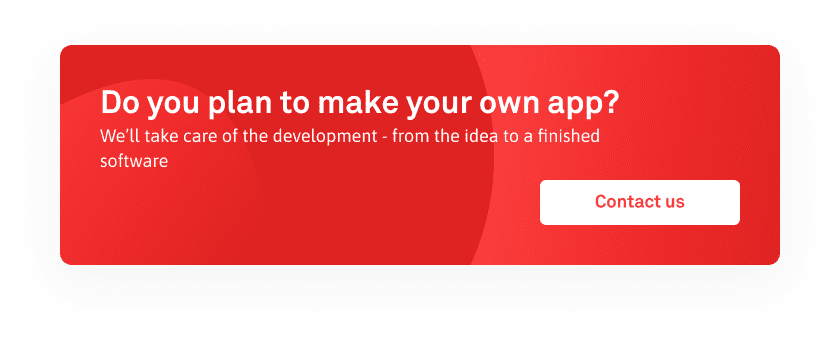Building a website for your business can have numerous benefits. For example, you could use it to explain your value proposition, increase your brand recognition, and generate leads and conversions. Even a simple website can add to your revenue generation for a minimal investment. Users will be able to find your business through listings and search engines, and then go to your contact page and get in touch. Furthermore, if you own a brick and mortar store, building a website can open up new markets, and it will allow you to sell your products 24/7. In this article, we will talk about the process of website development for startups.
1. Understanding your target market
All websites have a purpose, and they serve a specific target market. If you intend to use the website as a tool to generate clients for your business, your website will be fairly straightforward. If you intend to use it to sell products or services directly, you will need to set up an eCommerce store. There are other options out there, but most businesses will fall into these two categories.
2. Building the website
Once the site’s purpose and audience have been determined, it’s time to get to the actual website development for startups. This is where the esthetics and functionality of the site will be implemented. If you are launching an eCommerce site, the developer will help you set up extra features such as user accounts, payment gateways, and product recommendations. You will also need to pick a domain name and a hosting provider. Domain names are relatively inexpensive, and you can also find high-quality hosting at very low price points. The hosting option you go with will be determined by the size of your site, with bigger sites being more expensive to host, but they will also generate more revenue. Website development for startups can take a couple of weeks or a couple of months, but it’s worth the investment.
3. Launch, promotion, and maintenance
Once the website is ready, it is time to go live. The launch event itself is relatively straightforward. However, once it is online, it will need to be marketed, maintained, and secured. In terms of marketing, you have many avenues, from SEO to content marketing and direct advertising. SEO is a long-term strategy that will boost your ranking on search engines and help you reach a wider audience with minimal effort. However, the ultimate path you choose will depend on the budget and timeframe you are working with.
If you are interested in website development for your startup, contact us today.
Technology vector created by stories – www.freepik.com



